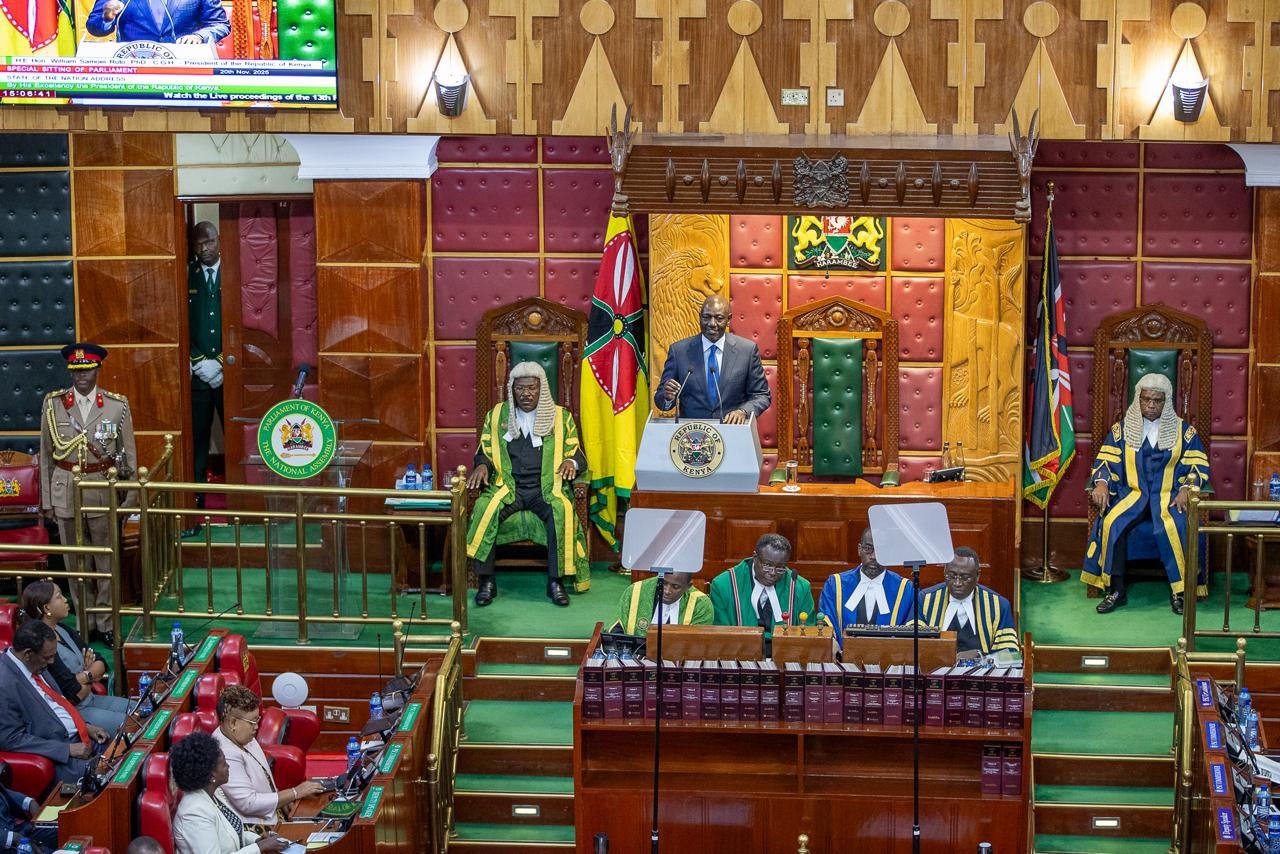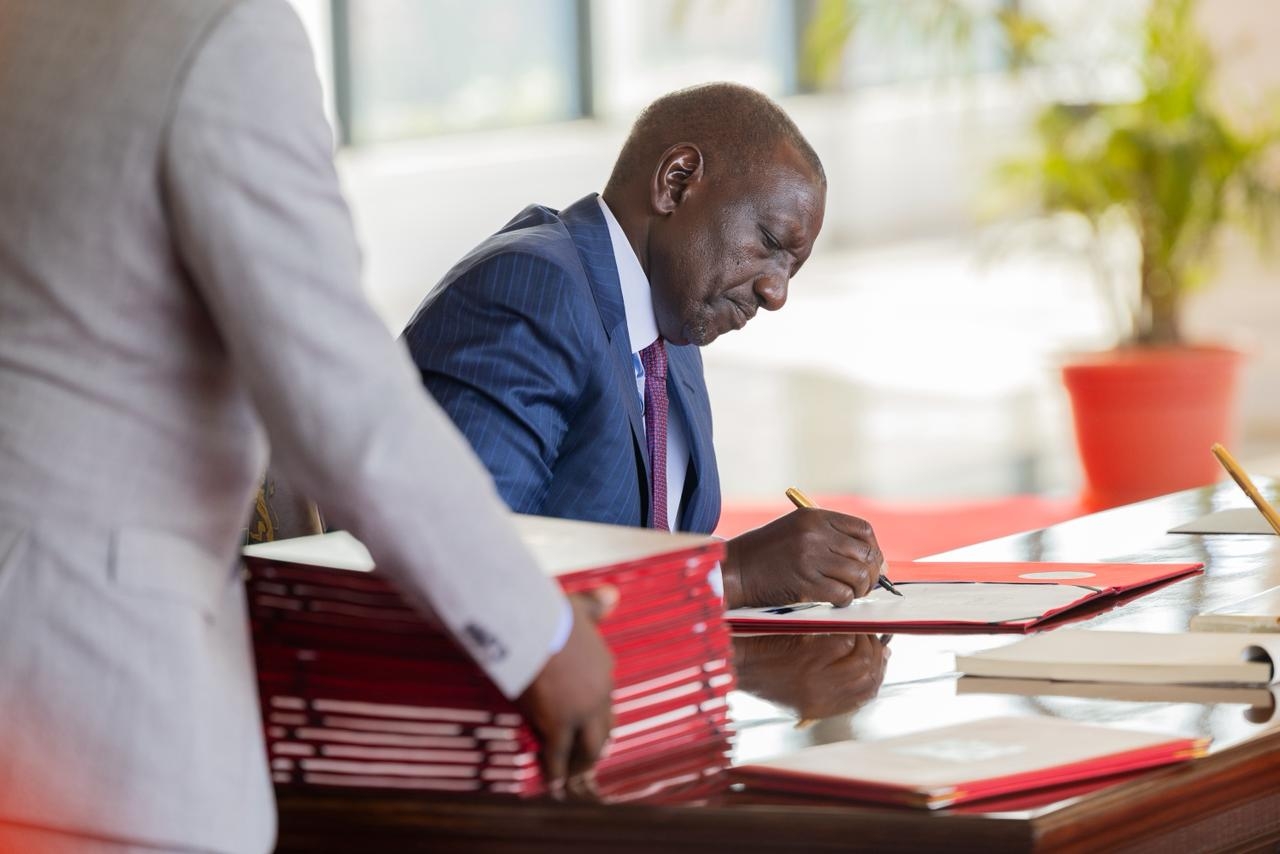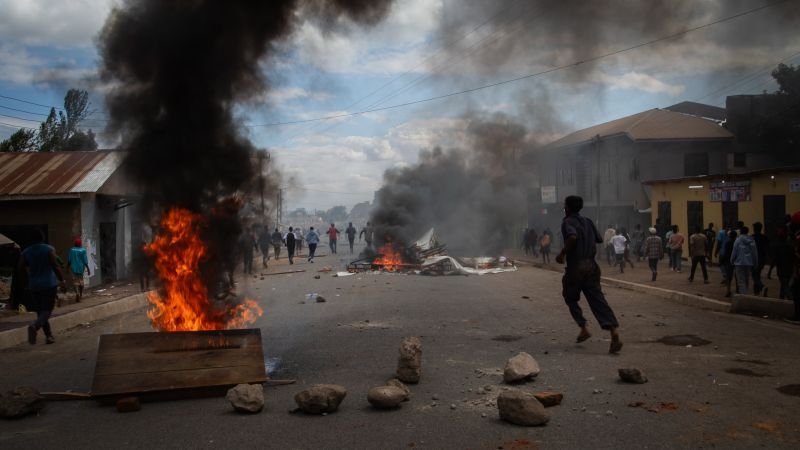In a nation where the rule of law and constitutional principles are the bedrock of governance, recent developments surrounding the proposed lease of Kenya's major airport have ignited public outrage and suspicion.
The secrecy enveloping the deal, coupled with the government’s silence on the matter, is raising alarms among stakeholders, more so the employees of the Kenya Airports Authority (KAA), businesses operating within the airport and the general public.
At the heart of the discontent lies the perceived lack of transparency, which is fuelling speculation of corruption, broker-led profiteering, and disregard for national interests.
The Kenyan Constitution, specifically under Article 35, guarantees citizens the right to access information held by the State, especially when it pertains to matters affecting their lives and public resources.
The importance of transparency and public participation is further emphasized in Article 10, which mandates national values and principles of governance, including accountability, public participation, and integrity.
By keeping the terms of the lease agreement secret, the government appears to have contravened these constitutional tenets, leaving Kenyans in the dark regardingthe fate of a critical national asset.
The frustration is compounded by the shadowy role played by the Indian conglomerate Adani, which has a global reputation marred by allegations of corruption and unethical business practices.
Adani’s involvement, coupled with the recent cabinet reshuffle which saw the move of the former Transport Cabinet Secretary Kipchumba Murkomen to the Ministry of Sports, Youth, and Culture—only to be replaced by a close political ally of the president, Davis Chirchir—adds fuel to the fire.
Murkomen and Chirchir both hail from the same ethnic background as the president, further feeding the narrative that tribal favoritism and political patronage are overriding the public’s best interests.
Moreover, the government's reluctance to address the growing concerns only serves to deepen the crisis.
The go-slow by Kenya Aviation Workers Union has already disrupted airport operations, causing frustration among travellers and businesses.
This, coupled with the government’s failure to communicate the terms of the lease deal to the public, is leading many to question whether their leaders are acting in the national interest.
The ongoing go-slow by KAA employees is a direct result of the uncertainty surrounding their future under the lease agreement.
Transparent communication from the government would have reassured employees about their job security and the operational continuity of the airport.
Instead, the lack of clarity has led to industrial action, disrupting one of the country’s major transportation hubs and affecting businesses reliant on the airport’s smooth operation.
Time without number our courts have held that transparency is not just a constitutional requirement; it is a fundamental aspect of good governance.
Had the government taken a transparent approach from the outset, it would have been able to allay concerns about corruption and underhanded dealings.
Instead, the secrecy surrounding the contract has provided fertile ground for speculation and suspicion. In a matter as significant as the lease of a major airport; an asset that is literally the gateway to East and Central Africa—the public’s input is essential.
Public participation is a key tenet of Kenya’s democracy, ensuring that the populace has asay in decisions that affect them. By engaging the public and explaining the rationale behind the deal, the government could have won support or at least ensured that stakeholders understood the necessity of such a move.
Instead, by sidelining public involvement, the government appears to be making decisions behind closed doors, fostering an atmosphere of mistrust.
When government contracts are shrouded in mystery, it is easier for unscrupulous individuals and middlemen to manipulate the process for personal gain.
In the case of Adani—a company already blacklisted in multiple countries for unethical practices—the lack of transparency in Kenya’s airport deal only amplifies the fears of corruption.
If the contract’s details were made public, it would be easier to scrutinizethe terms and evaluate whether the deal is fair, legitimate, and in the best interest of Kenyans.
Secrecy is a breeding ground for corruption. Kenyans have witnessed a series of protests in recent months, with the public opposing various government policies, including taxation measures and the cost of living crisis.
In this tense atmosphere, transparency over the airport lease could have been a rare opportunity for the government to show that it is responsive to the people’s concerns.
Instead, the government’s silence and inaction have allowed the narrative of a corrupt and authoritarian regime to take root, deepening the sense of disillusionment among the populace.
President William Ruto’s administration is currently facing a pivotal moment. Already grappling with public dissent over various policies, this airport lease deal presents an opportunity for the government to redeem itself by showing accountability and respect for constitutional principles.
Transparency could have been the key to restoring public confidence and avoiding further protests and unrest.
It is not too late for the government to reverse course. By releasing the full details of the lease agreement, engaging in open dialogue with stakeholders, and ensuringthat public participation is respected, the government can demonstrate its commitment to good governance and accountability.
This will not only help quell public outrage but also protect the airport—a critical national asset—from being exploited by private interests to the detriment of the Kenyan people.
In the long run, transparency is not just a legal obligation; it is a strategic choice that can prevent the erosion of public trust and safeguard national resources.
If thegovernment truly believes that the airport lease deal is in the best interest of the country, then it should have no qualms about making the terms public and subjecting them to scrutiny.
Silence, in this case, is not just a failure of communication—it is a failure of leadership. I hope we are not talking to a brick wall.
Daniel Murkomen, the author of this article is a lawyer, public policy and good governance enthusiast.












